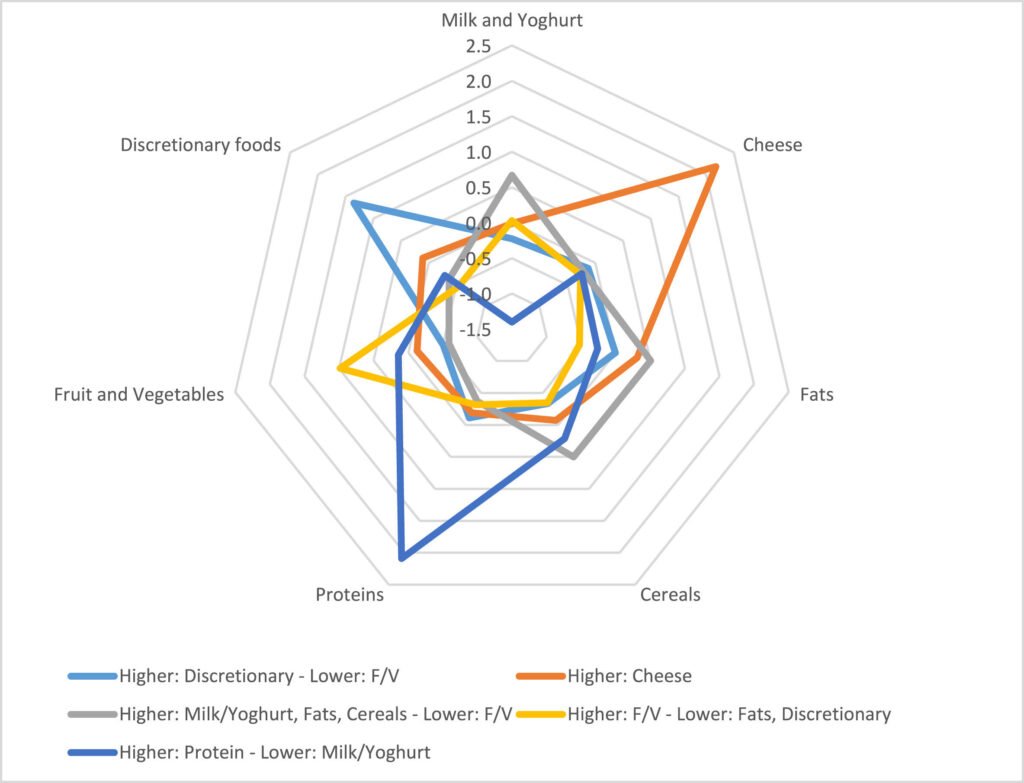A recent study published in The Journal of Nutrition has revealed that Australian women who adhere to a diet in line with the Australian Dietary Guidelines or a Mediterranean-style diet are 40% more likely to live until their mid-to-late 70s compared to those with poorer diets. The study, conducted by The George Institute for Global Health and the University of Newcastle, analyzed the dietary intake and health outcomes of 9,584 women enrolled in the 1946–1951 cohort of the Australian Longitudinal Study on Women’s Health over a 17-year period.
The research found that diets aligned with the Australian Dietary Guidelines or a Mediterranean-style diet were associated with a 40% lower risk of death from any cause. However, the study did not find strong links between diet and cardiovascular disease (CVD) or dementia, with cancer-related causes of death being the most prevalent among participants.
Lead author Dr. Briar McKenzie emphasized the importance of consuming a diet rich in lean proteins, fruits, vegetables, whole grains, and pulses for longevity. She highlighted the need for more research focusing on the effects of diet on women’s health specifically, as current nutrition research often combines data for both men and women, making it challenging to tailor dietary recommendations by sex.
The study also underscored the impact of unhealthy dietary habits on women’s health, particularly in the context of rising rates of obesity and diet-related diseases in Australia. Co-author Professor Clare Collins emphasized the significance of adopting healthy dietary patterns that involve cooking fresh food at home, rather than relying on fad diets or supplements.
As the population ages and the incidence of heart disease and dementia rises, the researchers stressed the importance of further investigating the impact of diet on women’s health. They called for initiatives from the food industry and government to support women in maintaining healthy dietary habits, including addressing issues such as portion sizes, processed foods, and marketing strategies through a gender lens.
The study also highlighted the need for ongoing research to focus on women’s dietary needs across their life-course, beyond just reproductive stages. With leading causes of death in women being closely linked to diet-related illnesses, the study emphasized the importance of promoting healthy eating habits for overall well-being.
In conclusion, the findings of this study provide valuable insights into the impact of diet on the longevity and health of Australian women. By following healthy dietary patterns aligned with established guidelines, women can improve their chances of living longer, healthier lives.


